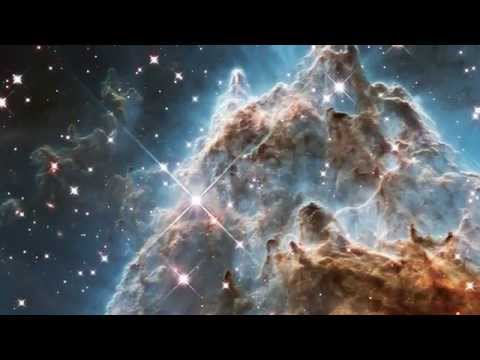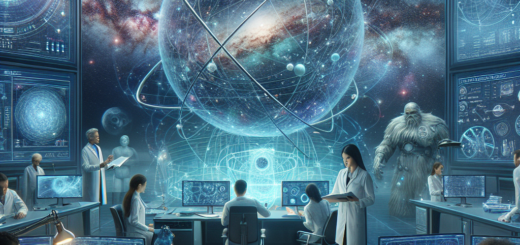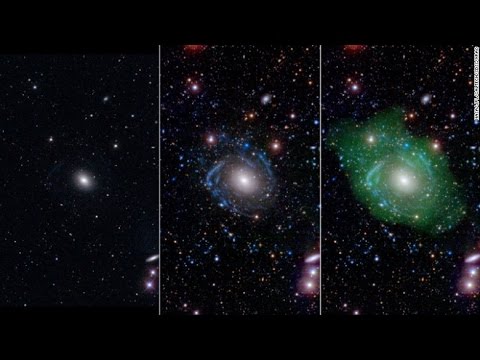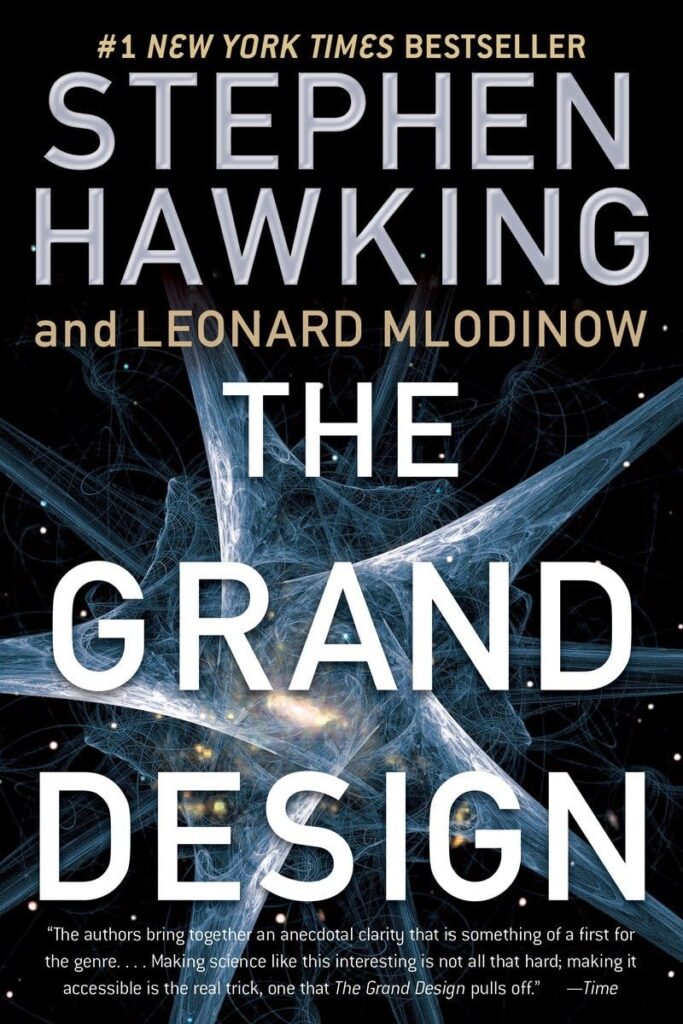Exploring the Cosmos: How Cosmic Expansion Continues to Shape Our Understanding of the Universe
The cosmos, with its vast expanse of stars, planets, galaxies, and other celestial bodies, has long fascinated humanity. Throughout history, astronomers and scientists have sought to unravel the mysteries of the universe, attempting to understand its origins, structure, and evolution. One of the most groundbreaking discoveries in this field is the concept of cosmic expansion, which continues to shape our understanding of the universe.
The idea of cosmic expansion was first proposed by Belgian astronomer Georges Lemaître in the early 20th century. Lemaître theorized that the universe was not static, but rather expanding, with galaxies moving away from each other at increasing speeds. This theory was later confirmed by American astronomer Edwin Hubble, who observed that galaxies outside of our own Milky Way were indeed moving away from us, and that the farther away a galaxy was, the faster it was receding.
This discovery led to the development of the Big Bang theory, which posits that the universe began as a singularity – a point of infinite density and temperature – and has been expanding ever since. The Big Bang theory has since become the prevailing explanation for the origins of the universe, and has been supported by a wealth of observational evidence, including the cosmic microwave background radiation, the abundance of light elements in the universe, and the distribution of galaxies.
Cosmic expansion has had profound implications for our understanding of the universe. It has reshaped our conception of space and time, demonstrating that the universe is not static, but dynamic and ever-changing. It has also provided insights into the ultimate fate of the universe, suggesting that it will continue to expand indefinitely, eventually leading to a cold and desolate “heat death” as galaxies drift farther and farther apart.
Furthermore, cosmic expansion has shed light on the nature of dark energy, a mysterious force that is driving the accelerated expansion of the universe. Dark energy makes up approximately 68% of the total energy content of the universe, yet its origins and properties remain largely unknown. Understanding dark energy is one of the greatest challenges facing modern cosmology, and could hold the key to unlocking the secrets of the universe’s ultimate fate.
In recent years, advancements in observational technology have allowed astronomers to study cosmic expansion in greater detail than ever before. Projects such as the Hubble Space Telescope, the Planck satellite, and the upcoming James Webb Space Telescope have provided unprecedented views of the universe, allowing scientists to map the distribution of galaxies, measure the expansion rate of the universe, and probe the nature of dark energy.
As we continue to explore the cosmos and unravel its mysteries, cosmic expansion will undoubtedly play a central role in shaping our understanding of the universe. By studying the dynamics of the universe on the largest scales, astronomers are not only gaining insights into the origins and evolution of the cosmos, but also pushing the boundaries of human knowledge and imagination. The exploration of cosmic expansion is a journey of discovery that promises to deepen our understanding of the universe and our place within it.













